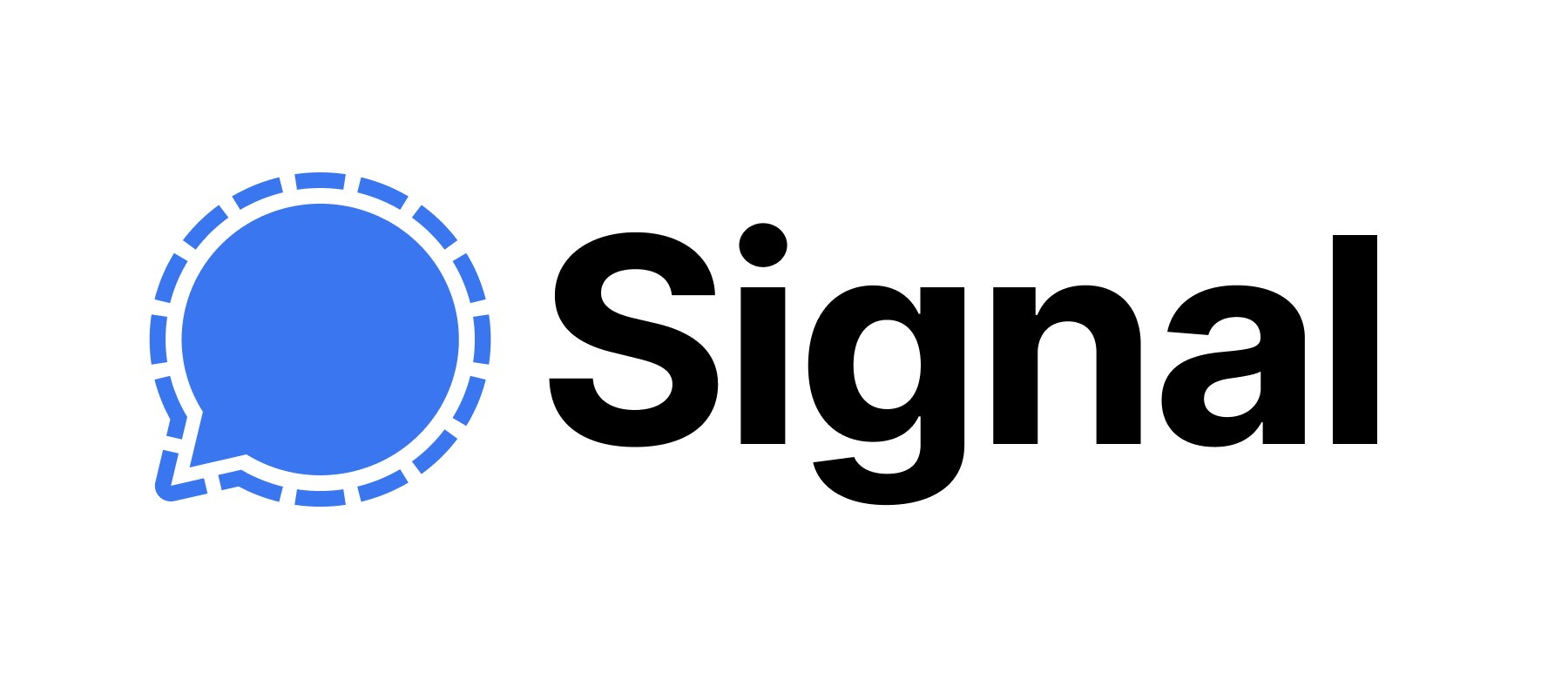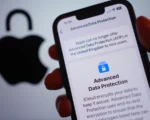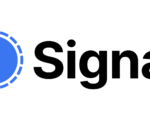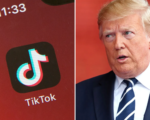Signal, the encrypted messaging app, has been at the center of controversy after top Trump administration officials reportedly used it to share sensitive war plans. The breach occurred when a journalist was mistakenly included in a Signal chat, prompting calls for a congressional investigation into the security lapse. While it is unclear whether this breach violated U.S. law regarding the mishandling of classified information, it raises significant concerns about the use of such platforms for sensitive communications.
How Safe is Signal?
Signal is known for its robust security features, offering end-to-end encryption, ensuring that only the intended recipients can read the messages. It stores minimal user data, including only phone numbers, join dates, and last login details. User data, including contacts and chats, are stored locally on users’ devices. Moreover, Signal offers features such as auto-deleting messages and hiding phone numbers for added privacy.
Signal’s reputation in the security community is stellar, with experts like Rocky Cole from iVerify praising its encryption protocols. However, Cole also points out that the risk to national security isn’t necessarily in the app’s security but in the potential vulnerabilities of the users’ mobile devices themselves. If a phone is compromised, the encrypted messages can be accessed.
How Does Signal Work?
Signal’s primary selling point is its end-to-end encryption, ensuring that neither Signal nor any external party can access user communications. Available on smartphones and computers, Signal supports text messaging, voice, and video calls. Signal is also notable for not tracking or storing any user data, which makes it highly appealing to privacy advocates.
The app’s source code is open-source, meaning anyone can inspect it for potential security flaws. This transparency, along with its endorsement by security experts, has contributed to its status as a top choice for secure communications. Signal President Meredith Whittaker has defended the app’s security, asserting that Signal is “the gold standard in private communications.”
Who Founded Signal?
Signal was founded in 2012 by Moxie Marlinspike and Meredith Whittaker. In 2018, Marlinspike, together with WhatsApp co-founder Brian Acton, launched the Signal Foundation, a non-profit organization overseeing the app’s development. The foundation received initial funding of $50 million from Acton, who had left WhatsApp over concerns regarding data privacy.
Signal is not tied to any major tech corporations and is committed to remaining independent, with the company stating it will never be acquired by a tech giant.
Who Uses Signal?
Signal is widely trusted by privacy advocates, political activists, journalists, and even government agencies. The app has grown significantly since 2021, particularly after concerns over WhatsApp’s data-sharing practices with Facebook and Instagram led many privacy-conscious users to seek alternatives.
Signal is also used by the U.S. Senate for secure communications, and its tools are often employed by journalists for confidential news tips. Despite its popularity in privacy circles, some experts, such as Ben Wood from CCS Insight, question whether Signal is suitable for national security discussions, citing concerns over its use by Trump administration officials for sharing military plans.
Conclusion
While Signal offers a high level of security with its encryption and privacy features, its use for sensitive government communications has raised questions, particularly after the recent breach involving Trump administration officials. The app is widely trusted in the privacy community, but the security of mobile devices and the handling of sensitive information remain concerns when using platforms like Signal for national security purposes.


